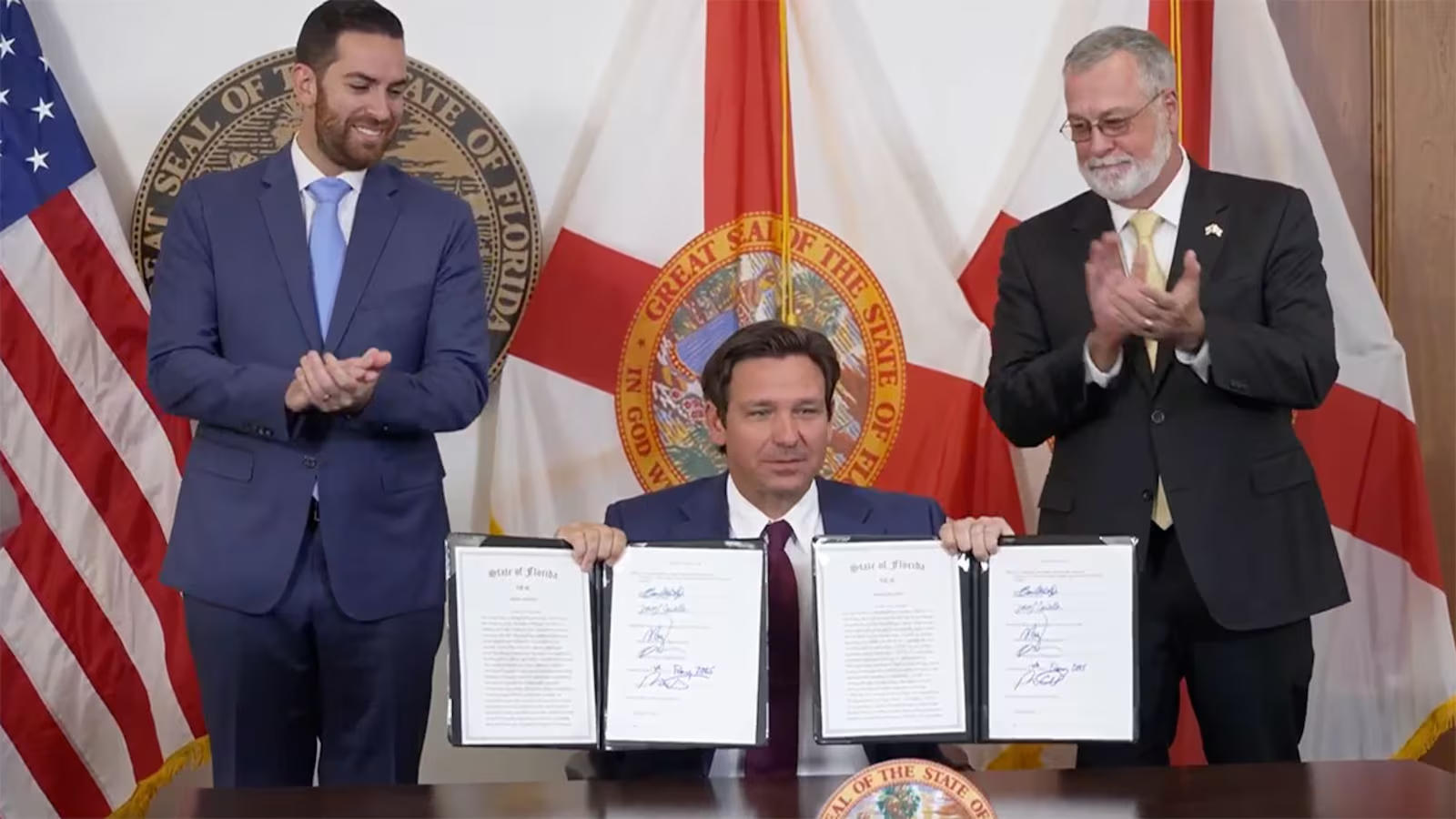A misguided rebellion is sweeping through state legislatures across America, masquerading as consumer advocacy while threatening the very innovation it claims to protect.
The “right-to-repair” movement — championed by well-intentioned but shortsighted lawmakers — has planted its flag in just four states: California, Colorado, Minnesota and New York, where legislators have succumbed to simplistic narratives about corporate villains and consumer victimhood.
The movement’s grievances rest on a populist foundation: Technology giants have erected an impenetrable fortress around repair services, artificially inflating costs and restricting consumer choice. Their prescription — mandating manufacturers surrender proprietary information, specialized tools and internal schematics — exemplifies the left’s reflexive impulse to solve perceived market failures with the blunt instrument of government intervention.
These crusaders conveniently ignore the profound cybersecurity implications of their crusade. In their haste to democratize repair, they would unwittingly create vulnerabilities exploitable by malicious actors, both foreign and domestic.
More tellingly, they fail to acknowledge how market forces have already addressed many of their concerns, with companies independently expanding repair options in response to consumer demand — a triumph of free enterprise that right-to-repair advocates seem determined to undermine through unnecessary regulation.
Like so many progressive causes, this movement mistakenly misrepresents a complex ecosystem as a simplistic morality play. In doing so, it risks sacrificing genuine innovation on the altar of misplaced consumer activism.
Today’s device owners enjoy a veritable buffet of repair options, which exposes the right-to-repair movement as a solution desperately in search of a problem.
The free market—not heavy-handed government mandates—has delivered precisely what consumers demand: choice. Device owners can certainly patronize manufacturer-authorized repair centers, but increasingly, they can access official components, detailed documentation, and specialized tools through manufacturer-sponsored self-repair initiatives that slash costs dramatically.
This quiet revolution in repair accessibility has occurred not through legislative coercion but through the invisible hand guiding companies — a testament to the market’s inherent wisdom and adaptability that renders the progressive regulatory impulse not merely unnecessary but actively harmful to the innovation ecosystem that produced these advances in the first place.
The crusade for “right-to-repair” legislation not only betrays a fundamental misunderstanding of free markets but recklessly endangers the very consumers it purports to champion. The movement’s advocates deliberately obscure the stark reality that our devices have evolved beyond mere tools into repositories of our most intimate data — banking credentials, irreplaceable family memories, and sensitive medical records now rest in these digital vaults.
The progressive push to open the repair ecosystem to all comers, qualified or not, creates a veritable Trojan horse for counterfeit components engineered by adversarial foreign entities and criminal syndicates. Once installed by well-meaning but unwitting repair shops, such compromised parts transform privacy-protecting devices into a surveillance apparatus with direct pipelines to our most confidential information.
This is the predictable consequence of the reflexive urge to impose regulatory solutions where market prudence is required. They demonstrate yet again their willingness to sacrifice genuine security concerns on the altar of populist talking points about corporate power—a dangerous gambit that puts American privacy at risk not through corporate malfeasance but through governmental overreach.
The right-to-repair movement exemplifies the fundamental problem with regulatory overreach, addressing problems the market has already solved. This crusade rests on outdated complaints that ignore today’s vibrant tech sector with its diverse repair options.
Upon closer examination, this movement appears less concerned with consumer benefits than with targeting innovative companies for political gain. The cybersecurity implications — endangering Americans’ sensitive data — should alarm any lawmaker genuinely concerned with digital privacy, yet these considerations remain secondary to the regulatory agenda.
The free-market solution is clear: let markets operate freely. Innovation thrives absent government mandates. Expanding self-repair programs demonstrate that consumers already benefit from competitive repair solutions.
This market-driven approach simultaneously protects property rights and encourages technological advancement.
As lawmakers consider following California, Minnesota, Colorado and New York’s misguided lead, those who stand for free-market principles must resist this regulatory assault. America’s digital sovereignty depends not on government intervention but on free enterprise developing secure solutions that serve consumers while maintaining our technological leadership in an increasingly competitive global landscape.
___
Dr. Edward Longe is the director of national strategy and the Center for Technology and Innovation at The James Madison Institute.
Post Views: 0

 Entertainment8 years ago
Entertainment8 years ago
 Politics8 years ago
Politics8 years ago
 Entertainment8 years ago
Entertainment8 years ago
 Entertainment8 years ago
Entertainment8 years ago
 Tech8 years ago
Tech8 years ago
 Tech8 years ago
Tech8 years ago
 Tech8 years ago
Tech8 years ago
 Politics8 years ago
Politics8 years ago










